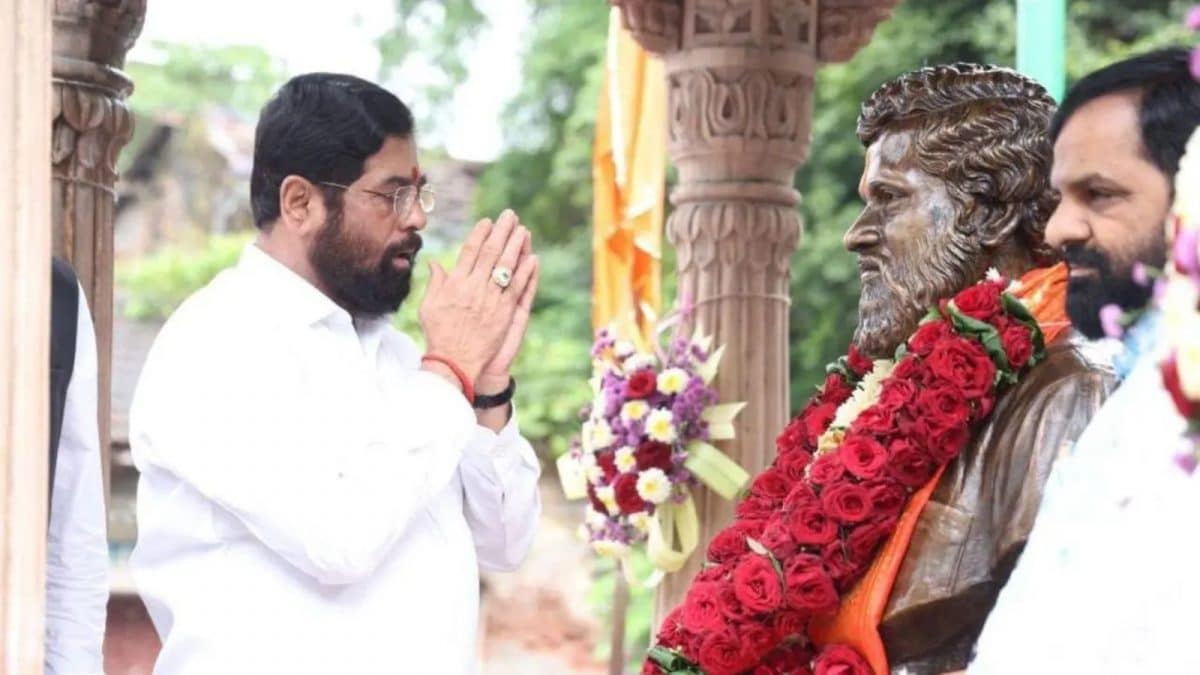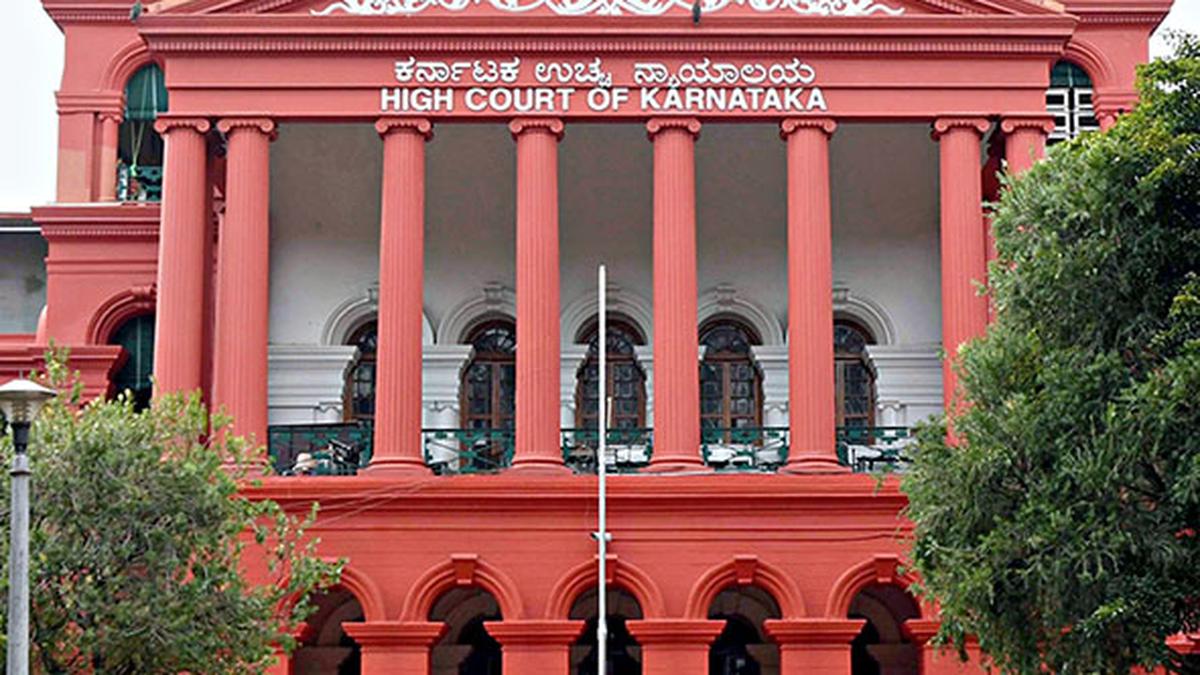Kasaragod District Collector K. Inbasekar has stressed the need for deep community engagement and transparency in the digital land survey exercise.
He was speaking on the topic ‘Citizen-centric digital survey—public participation and IEC strategies’ at the Bhoomi national conclave on smart land governance at Kovalam on Friday.
Mr. Inbasekar pointed out that community participation and transparency were the cornerstones of digital land survey.
Since landowners actively participated in the survey process by providing information and documents and pointed out mistakes and asked questions, their role was key to creating accurate land record database.
Trust building
He also called for empowerment of citizens through building trust. Technology was an enabler in creating trust. Landowners could, through their profile, verify their land records and raise complaints any time.
Before the launch of the Digital Survey Mission, workshops were held for MLAs to make them aware of the technology adopted and the survey procedure. Workshop were also held for local body members to make people aware of their responsibilities during the survey. Discussions were held with survey staff to motivate them to look at the survey exercise as a mission, he said.
Survey sabhas
Survey sabhas by including Kudumbashree groups, youth groups, and local leaders were held. Personal engagement with landowners was another feature. Survey schedules were disseminated through digital platforms. And, it was coordinated by ward members to ensure that everyone was cooperating. Survey jagratha samitis were mobilised at ward level before the survey to educate the people on technology and procedures.
He emphasised the need for people to be present during field visits to increase public trust. Verification camps held after the survey were important for the people to examine draft land records and flag errors so that complaints after notification could be reduced. This could be done online and grievances could be submitted. Acceptance of survey was possible when they trusted the system, which had to be transparent, Mr. Inbasekar said.



.png)
.png)
.png)
















 3 hours ago
4
3 hours ago
4








 English (US) ·
English (US) ·